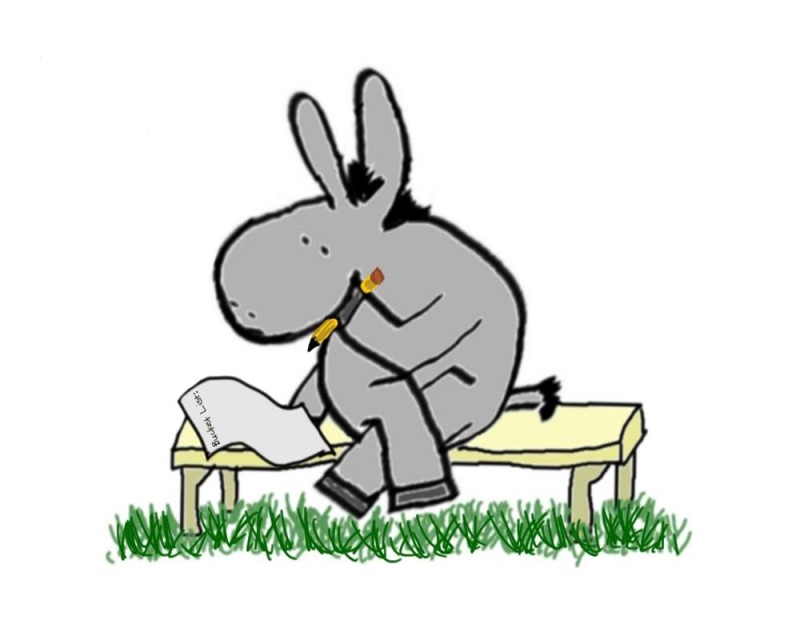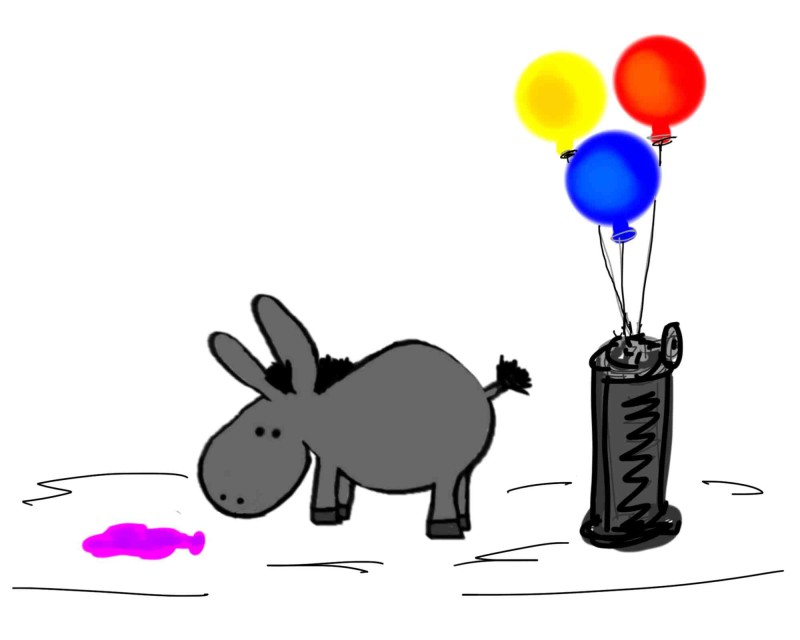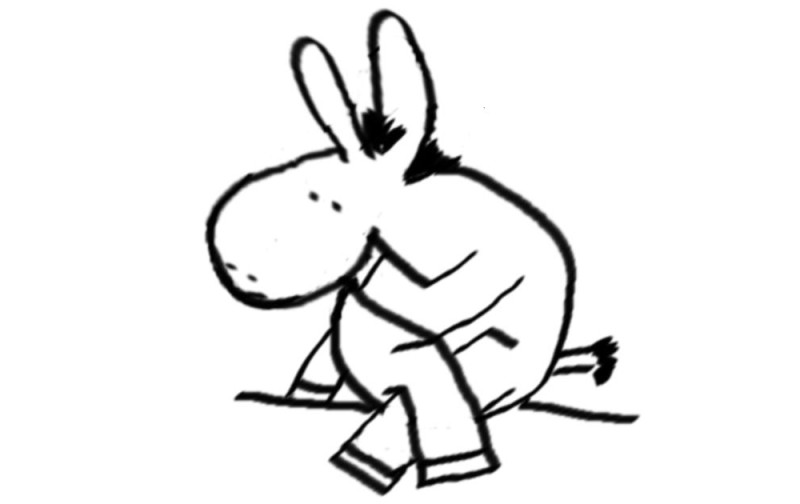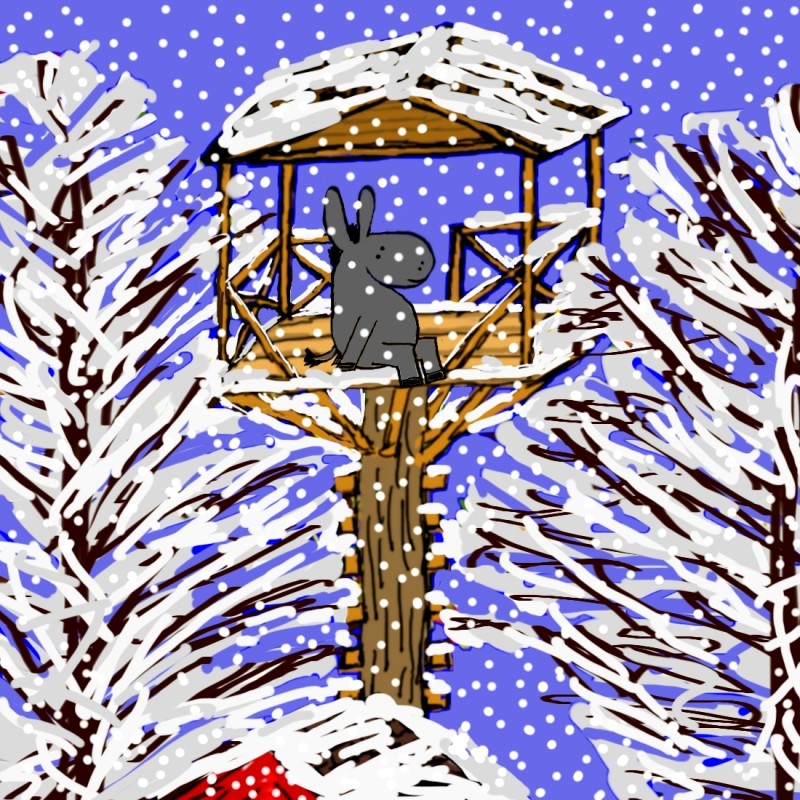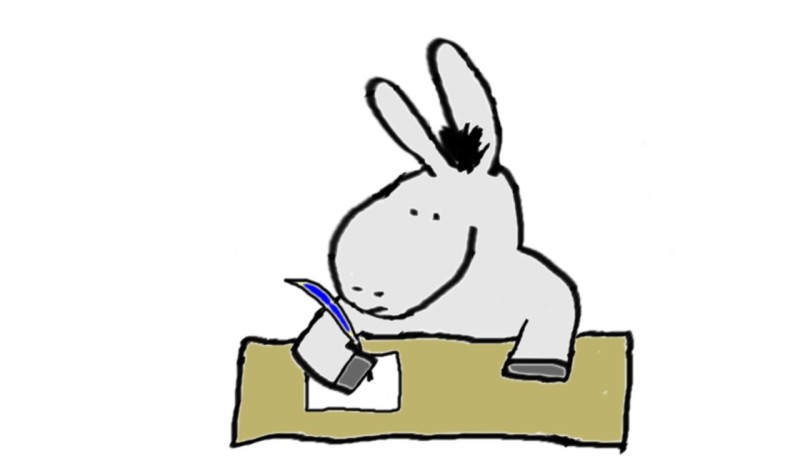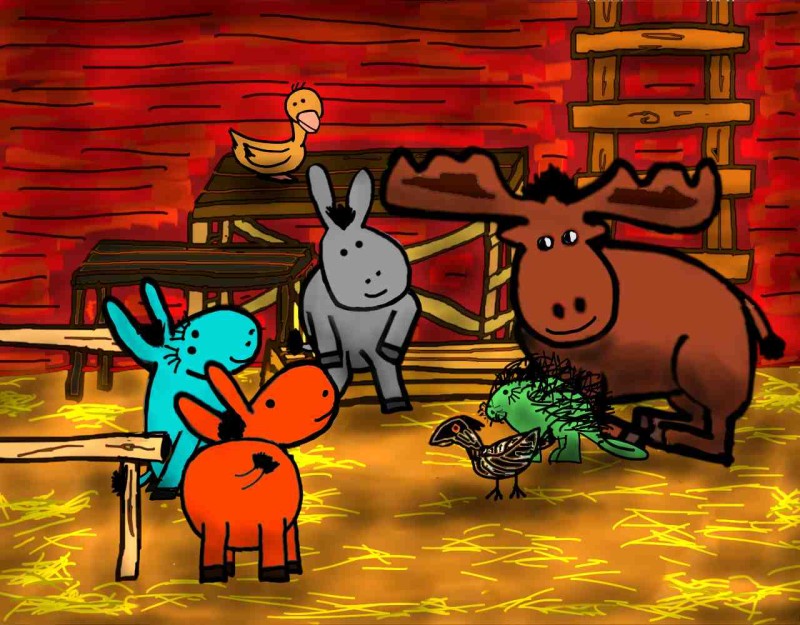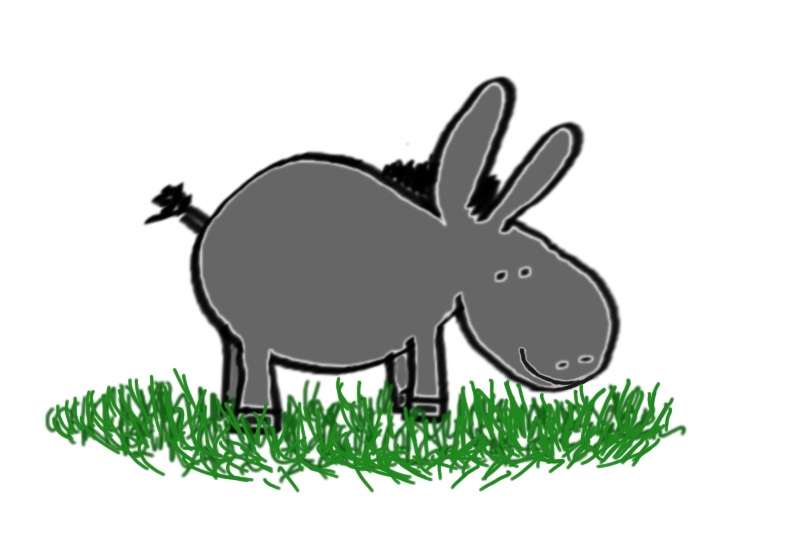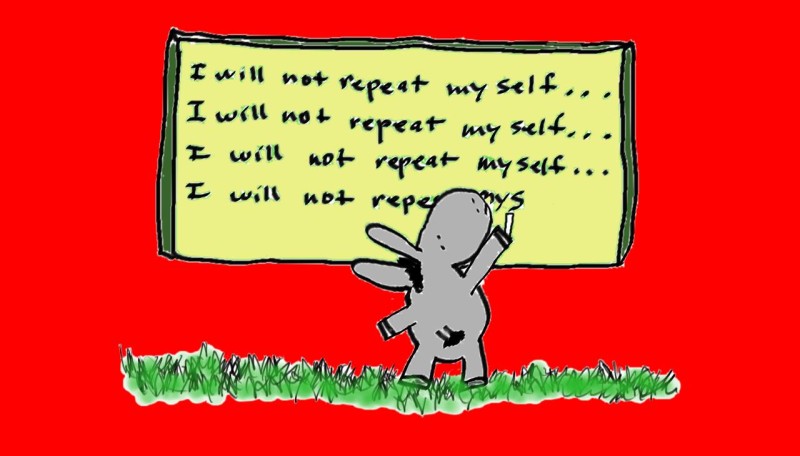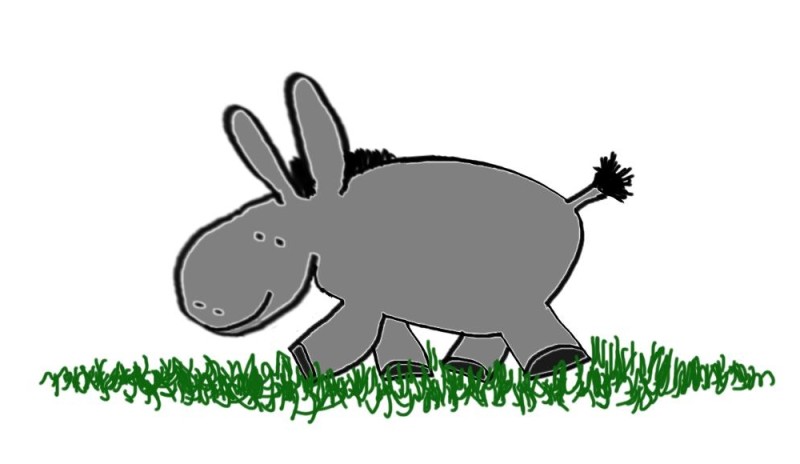Hmm… I guess bucket lists are only for people
who aren’t already doing what they want to do.
Tag: philosophy
“Blurtso finds a balloon”
“Blurtso experiences a moment”
“Blurtso considers teaching”
“Blurtso enjoys things that fall”
There goes another snowflake, said Blurtso. I like to watch things that fall—leaves, feathers, snowflakes—things just a little heavier than air. There’s something relaxing in watching them let go, something soothing in their acceptance and lack of direction, their trust in the cycle… of soil and stars.
“Blurtso feels good about his philosophy exam”
Final Exam – Philosophy 101
Name: Blurtso
1.) Describe the philosophy of Lao-Tzu:
Slow down, you’re already there.
2.) Explain the statement, “If there is no other, there is no I.”
Friends are important.
3.) What did Heraclitus say?
You can’t eat the same pumpkin pie twice.
4.) What lesson do we learn from Plato’s allegory of the cave?
It’s hard to see in the dark.
“Weohryant University” (XXIII)
The question for today’s class, said Blurtso, is: “What does two plus two equal?”
Two whats, said Morton, plus two whats?
Two cats, said Frank, plus two dogs?
I believe, said Glouster, it means the number two plus the number two, which equals four.
Four whats? said Morton.
Four of the same, said Glouster.
Is it possible to have four of the same? said Emma Lou.
What do you mean? said Morton.
Are any two things, said Emma Lou, exactly alike?
No, said Glouster, they’re not, but the number two plus the number two equals the number four because numbers are a human invention, they only exist in imagination.
So two pumpkin pies, said Morton, are not two pumpkin pies?
The name “pumpkin pie”, said Emma Lou, is an invention that refers to the “idea” of a pumpkin pie—words and numbers are ideas. There are no individual things in the universe.
What? said Chelsea.
There are no individual things, said Emma Lou.
What about me? said Morton. I’m an individual thing.
So am I, said Chelsea.
At the subatomic level, said Emma Lou, there is only the ebb and flow of energy.
E=mc², said Glouster.
Exactly, said Emma Lou.
I’m not good at math, said Chelsea.
Neither am I, said Morton.
E=mc², said Glouster, suggests that a physical system (like the universe) has a property called energy and a corresponding property called mass; the two properties are equivalent in that they are always present in the same proportion to one another. The mass–energy equivalence arose from the theory of special relativity, developed by Albert Einstein, who proposed the idea in a 1905 paper entitled, “Does the inertia of an object depend upon its energy-content?” In the equation E=mc², “E” is the amount of energy, “m” is the amount of mass, and “c” is the speed of light.
The speed of light, said Morton, is 186,000 miles per second.
Very good! said Emma Lou.
Thank you, said Morton, I remembered when Glouster told us last week.
Donkeys, said Chelsea, have very good memories.
Yes, said Morton, we do.
So what’s the point? said Frank.
The point, said Emma Lou, is that you can describe everything in the universe as either energy or mass. And if mass is energy, then everything is in a constant state of flux.
Flux? said Frank.
“Flux,” said Glouster, “is the process of flowing, the process of continual change.”
And that’s why, said Emma Lou, there are no individual things in the universe, because everything is a constant flow of changing energy.
Like a river? said Chelsea.
Yes, said Emma Lou, a river of energy.
And words and numbers, said Glouster, are inventions we use to chop the river into separate parts.
But those parts, said Emma Lou, are not really separate.
If they’re not really separate, said Morton, why do we pretend they are?
Perhaps, said Emma Lou, because we’re uncomfortable with change, and like to believe that individual, unchanging things exist.
Like individual pumpkin pies? said Morton.
Yes, said Emma Lou, and individual donkeys, crows, ducks, porcupines, and mooses.
If everything is a river of energy, said Frank, and we are all just fluctuations of a single stream, does that mean that two plus two equals one?
Yes, said Enma Lou, and it also means that Einstein, the Upanishads, and the Tao Te Ching are talking about the same thing.
“Blurtso considers mindfulness”
“Blurtso repeats himself”
“Blurtso goes around and comes around”
Off I go, said Blurtso, thinking he was going some place. And off he went, traipsing across the field on his way to where he was going, coming from where he had been. This will really be something, thought Blurtso, when I get to where I’m going. It will surely be worth the effort it will take to get there. There will be so many things where I’m going that aren’t like the things from where I’m coming. And on he went, hoof after hoof after hoof, and hoof after hoof after hoof. The sun was shining, then the sun was setting, then the moon was rising, then the moon was setting, and on he went. I’ve got to keep going until I get there, he thought, when his stumpy little legs grew weary. And on he went, hoof after hoof after hoof, and hoof after hoof after hoof. Whew, thought Blurtso, I must be coming closer if I keep on going farther. And on he went, farther and farther, and closer and closer, and farther and farther, and closer and closer. When he could go no farther, he stopped and looked back at the trail of where he had been, and forward at the trail of where he was going. Blurtso, he said to himself, you silly ass, you’ll never get to where you’re going, nor back to where you’ve been, for you’re always at the beginning of where you’re going, and at the end of where you’ve been.
